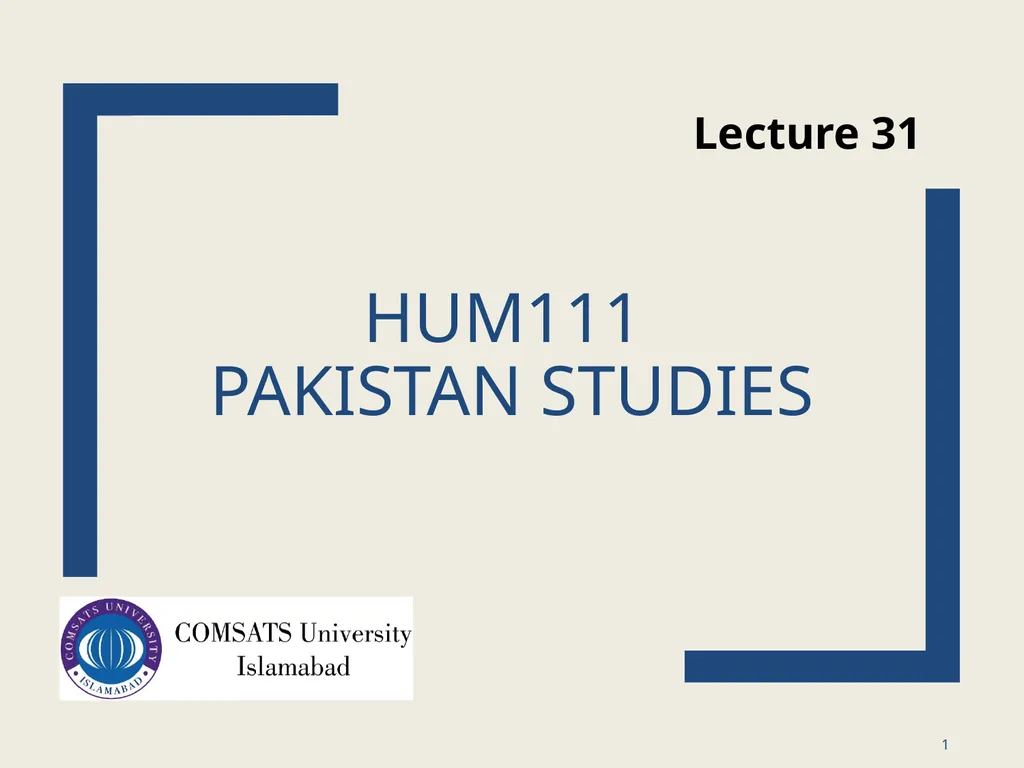
Author : alida-meadow | Published Date : 2025-08-13
Description: HUM111 Pakistan Studies 1 Lecture 31 HUM 111 Pakistan Studies The Role of Pakistan in the War Against Terrorism (C) 2 Dr. Sohail Ahmad War Against Terrorism Steps by Pakistan (Contd..) Support in Operation Enduring Freedom The air bases ofDownload Presentation The PPT/PDF document "" is the property of its rightful owner. Permission is granted to download and print the materials on this website for personal, non-commercial use only, and to display it on your personal computer provided you do not modify the materials and that you retain all copyright notices contained in the materials. By downloading content from our website, you accept the terms of this agreement.
Here is the link to download the presentation.
"HUM111 Pakistan Studies 1 Lecture 31 HUM 111"The content belongs to its owner. You may download and print it for personal use, without modification, and keep all copyright notices. By downloading, you agree to these terms.













